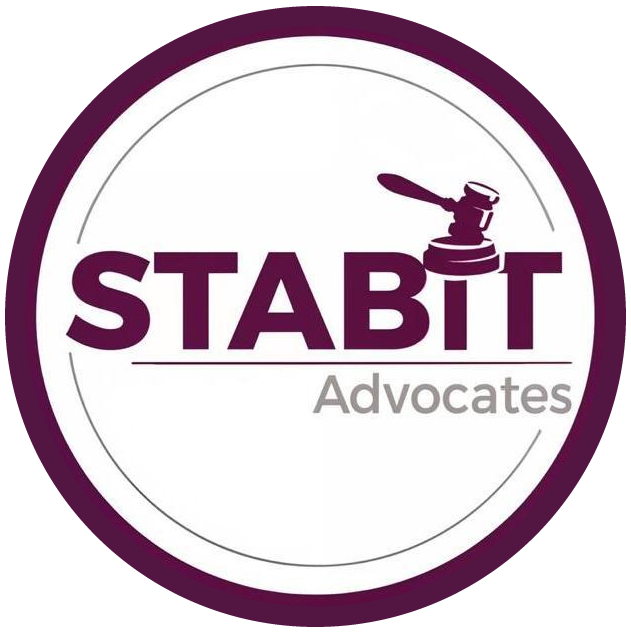The Remote Work Revolution: Navigating the Legal Landscape of the New Corporate Reality. A stabit…

An Overview of The Importance of Understanding Rwanda’s Tax System
This guide is an indepth an Overview of the importance of understanding Rwanda’s tax system. The Rwanda Revenue Authority (RRA) is the government entity responsible for overseeing the collection of taxes and other tax-related matters in Rwanda. The RRA issues Tax Identification Numbers (TIN) to all taxpayers. For companies, the TIN is linked to the company’s registration number/code. The TIN is utilized by taxpayers for declaring their taxes.
Categories of Taxes for Companies in Rwanda
Companies operating in Rwanda must comply with various categories of taxes, including:
- Corporate Income Tax (CIT) Corporate Income Tax is levied on the profits of the company at a rate of 30%. CIT declarations are submitted annually, no later than March 31st of the following tax period.
- Value Added Tax (VAT) Value Added Tax is levied on taxable goods and services at a rate of 18%. Certain goods, such as transportation services, health and medical services, and educational materials and services, are exempt from VAT. VAT declarations must be submitted to the tax administration on the earliest of the following dates: the date the invoice is issued, the date payment for goods and services (including partial payment) is made, the date goods are removed from the supplier’s premises or given to the recipient, or the date the service is delivered.It is imperative to note that individuals must register for VAT if they carry out any taxable activity with a turnover equivalent to 20,000,000 RWF in the previous fiscal year or 5,000,000 RWF in the preceding calendar quarter. Registration must occur within seven (7) days from the end of the concerned year or quarter. Additionally, all VAT-registered taxpayers in Rwanda are required to use an Electronic Billing Machine (EBM) to issue tax invoices for every transaction. Failure to do so results in penalties.
- Withholding Tax on Employment Income Withholding Tax is levied on employment income and paid according to the following rates:
- 0-30,000 RWF: 0%
- 30,001-100,000 RWF: 20%
- 100,001 RWF and above: 30%
Income from casual labor is taxed at a special rate of 15%, with income not exceeding 30,000 RWF per month rated at 0%. Employers who pay employees in cash or in-kind are responsible for withholding tax on employment income. Tax declarations must be submitted within 15 days following the end of each month or quarter, depending on the relevant laws.
- District Taxes Referred to as decentralized taxes, district taxes include:
- Trading License Tax (Patente): 40,000 RWF paid annually, subject to changes based on the company’s annual turnover.
- Public Cleaning Fees: 10,000 RWF paid monthly.
Payroll Statutory Deductions
Companies must also comply with payroll statutory deductions, including:
- Social Security Contributions The total contribution to the Rwanda Social Security Fund is 8%, with 5% made by the employer and 3% by the employee. The employer’s contribution includes 2% for the Occupational Hazards Fund.
- Maternity Leave Benefits Contribution This monthly contribution to the maternity leave benefits scheme managed by the Rwanda Social Security Board (RSSB) is 0.6% of the employee’s gross salary, with 0.3% contributed by the employer and 0.3% by the employee.
- Community-Based Health Insurance (Mutuelle de Sante) This solidarity health insurance system enables individuals (families) to pay contributions for medical care during sickness. Employees contribute 0.5% from their net salary per month.
Important Considerations
Taxpayers are required to declare their taxes before the deadlines set by the RRA. Failure to do so results in penalties. In cases where taxpayers fail to pay taxes on time due to various reasons, the RRA may waive penalties and interest accrued on unpaid taxes, but principal tax cannot be waived. The RRA offers taxpayers the option to pay outstanding taxes in installments upon providing a valid reason for the delay. Taxpayers can also apply for a waiver of penalties, which is granted at the discretion of the RRA administration after assessing the reasons provided for the delay.
If you love our article on “An Overview of The Importance of Understanding Rwanda’s Tax System,” check back here for more legal news
Contact Information
Stabit Advocates
Website: www.stabitadvocates.com
Email: info@stabitadvocates.com
Phone: +250 789 366 274
For more information or to discuss your case, please contact us at www.stabitadvocates.com.
This guide is intended to provide general information and does not constitute legal advice. For specific legal advice tailored to your situation, please consult with a qualified attorney at Stabit Advocates.




This Post Has 0 Comments